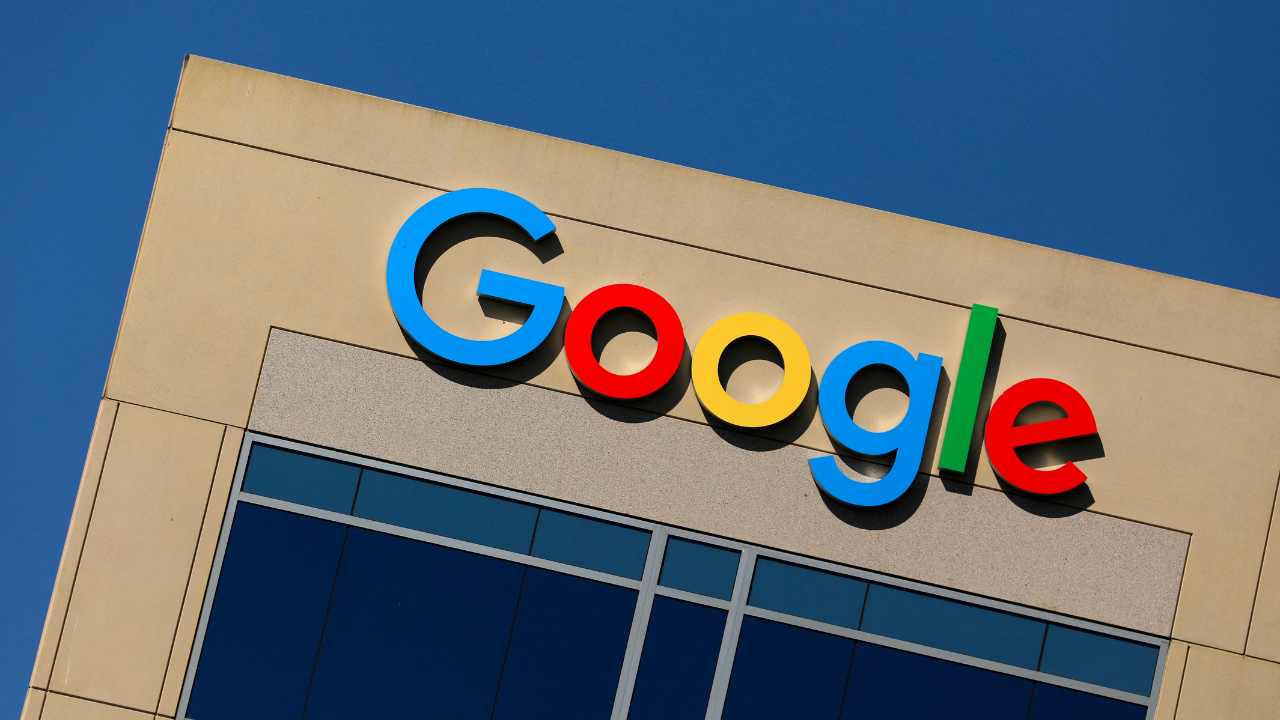BENGALURU/ MUMBAI: Google has removed several Indian apps, including some popular ones, from its app store Play, for not complying with its billing policy. The apps include Naukri.com, Shaadi.com, Bharat Matrimony, 99acres, and dating apps TrulyMadly and QuackQuack.
It’s the first major action by Google following its dispute with app developers on the matter.The Supreme Court last month declined to restrain Google from delisting the apps, but is continuing to hear a petition arguing that Google’s policy is exploitative. Before this, the Madras HC had dismissed the petition by the app developers, and had said the Competition Commission of India (CCI) should decide if Google is exploiting its position in the market.
“After giving these developers more than three years to prepare, including three weeks after the Supreme Court’s order, we are taking necessary steps to ensure our policies are applied consistently across the ecosystem, as we do for any form of policy violation globally. Enforcement of our policy, when necessary, can include removal of non-compliant apps from Google Play,” Google said in a blogpost on Friday.
Google Play charges a service fee when developers sell in-app digital goods. App developers allege that the rates are too steep.
Google had initially said it would charge a 30% commission on transactions through its billing system, but, following protests, it reduced it to 15% for the first $1 million of revenue that the developer earns each year.
Google said that for years, no court or regulator has denied Google Play’s right to charge for the value and services it provides. “While some of the developers (in India) that were refused interim protection have started fairly participating in our business model and ecosystem, others choose to find ways to not do so,” it said.
It’s the first major action by Google following its dispute with app developers on the matter.The Supreme Court last month declined to restrain Google from delisting the apps, but is continuing to hear a petition arguing that Google’s policy is exploitative. Before this, the Madras HC had dismissed the petition by the app developers, and had said the Competition Commission of India (CCI) should decide if Google is exploiting its position in the market.
“After giving these developers more than three years to prepare, including three weeks after the Supreme Court’s order, we are taking necessary steps to ensure our policies are applied consistently across the ecosystem, as we do for any form of policy violation globally. Enforcement of our policy, when necessary, can include removal of non-compliant apps from Google Play,” Google said in a blogpost on Friday.
Google Play charges a service fee when developers sell in-app digital goods. App developers allege that the rates are too steep.
Google had initially said it would charge a 30% commission on transactions through its billing system, but, following protests, it reduced it to 15% for the first $1 million of revenue that the developer earns each year.
Google said that for years, no court or regulator has denied Google Play’s right to charge for the value and services it provides. “While some of the developers (in India) that were refused interim protection have started fairly participating in our business model and ecosystem, others choose to find ways to not do so,” it said.
